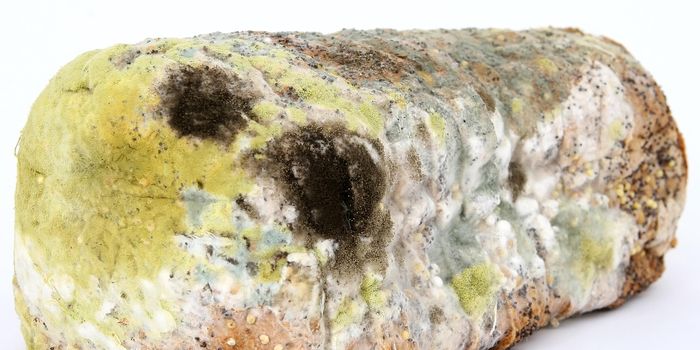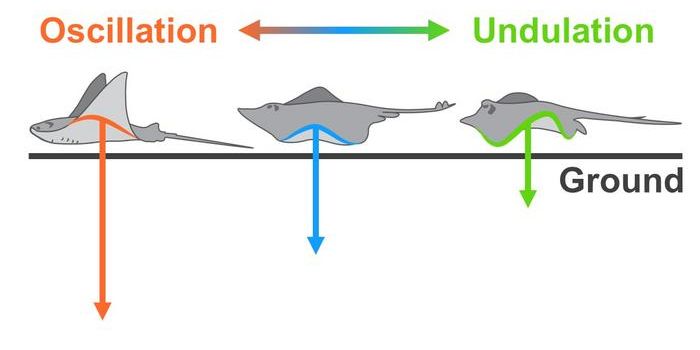New laboratory tests show that a strain of canine influenza virus (CIV) associated with more than 1,000 sick dogs throughout the Midwest is virtually identical to an Asian strain of the virus and is not a mutated form.
Initial tests at the Wisconsin Veterinary Diagnostic Laboratory (WVDL) and Cornell University recently identified the strain as H3N2, which has previously only been seen in Asia and is different than the H3N8 strain circulating in North America. Genetic sequencing conducted at the National Veterinary Service Laboratory, Ames, Iowa, now confirms that the H3N2 strain found in the Midwest is almost identical to its Asian counterpart and was likely brought to the United States by an infected animal.

"This means there is no evidence of genetic reassortment - it's not a mutation," says Kathy Toohey-Kurth, virology section head at WVDL. "This is good news because mutations are unpredictable, and we would not necessarily know what the safety implications are for humans or other animals."
There is no evidence at this time that the H3N2 CIV strain can infect humans; it is distinctly different from human seasonal influenza H3N2 strains. However, the Asian H3N2 CIV strain has been reported to infect domestic cats.
The virus will live in the environment for 24 to 48 hours in the majority of cases.
"No cats have reported positive in the United States at this time," says Keith Poulsen, WVDL diagnostic and case outreach coordinator and clinical assistant professor, UW-Madison School of Veterinary Medicine (SVM).
Both CIV strains can cause persistent cough, runny nose, and fever. A small percentage of dogs will develop more severe clinical signs, and some will not show any symptoms at all. The infection has been associated with some deaths.
Neither CIV strain is related to the highly pathogenic H5N2 avian flu; they are completely different strains that affect separate species.
The commercially available vaccines for CIV are made to protect against the H3N8 strain, and their effectiveness against the H3N2 strain is unknown at this time, but it is likely to be less effective.
"We're still recommending that owners vaccinate their dogs because H3N8 is still around," says Sandi Sawchuk, primary care veterinarian at UW Veterinary Care (UWVC) and SVM clinical instructor.
UWVC veterinarians also recommend taking measures to minimize risk to pets, such as limiting direct dog-to-dog contact, washing hands with soap and water, and changing your clothes if you work with or are exposed to sick dogs before handling your own pets at home.
[Source: University of Wisconsin-Madison]









